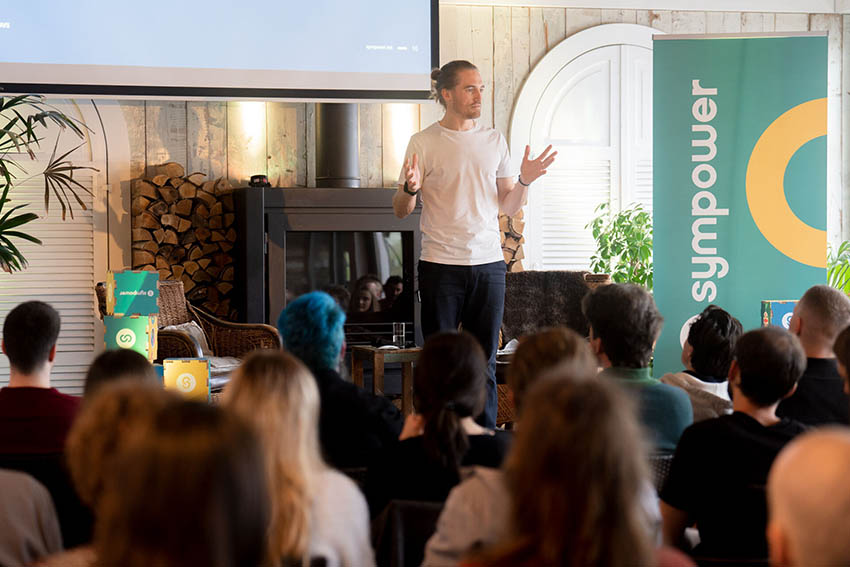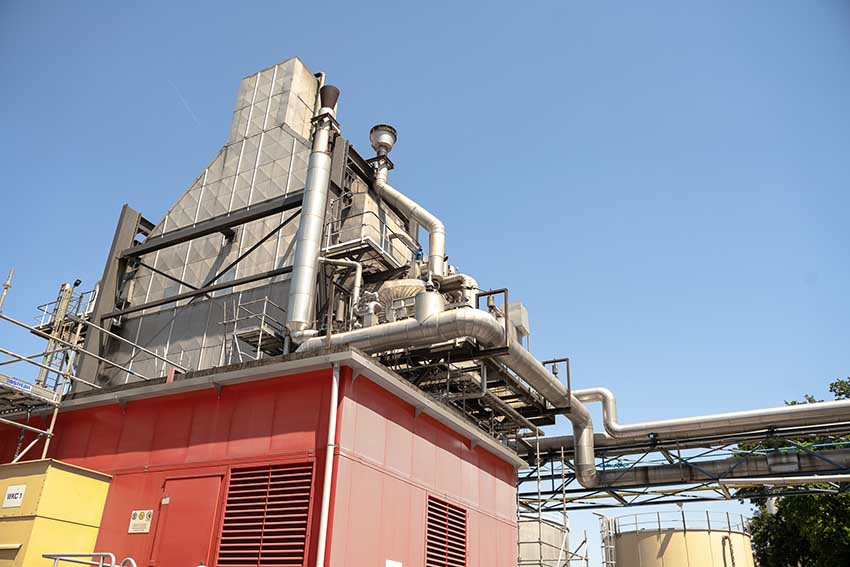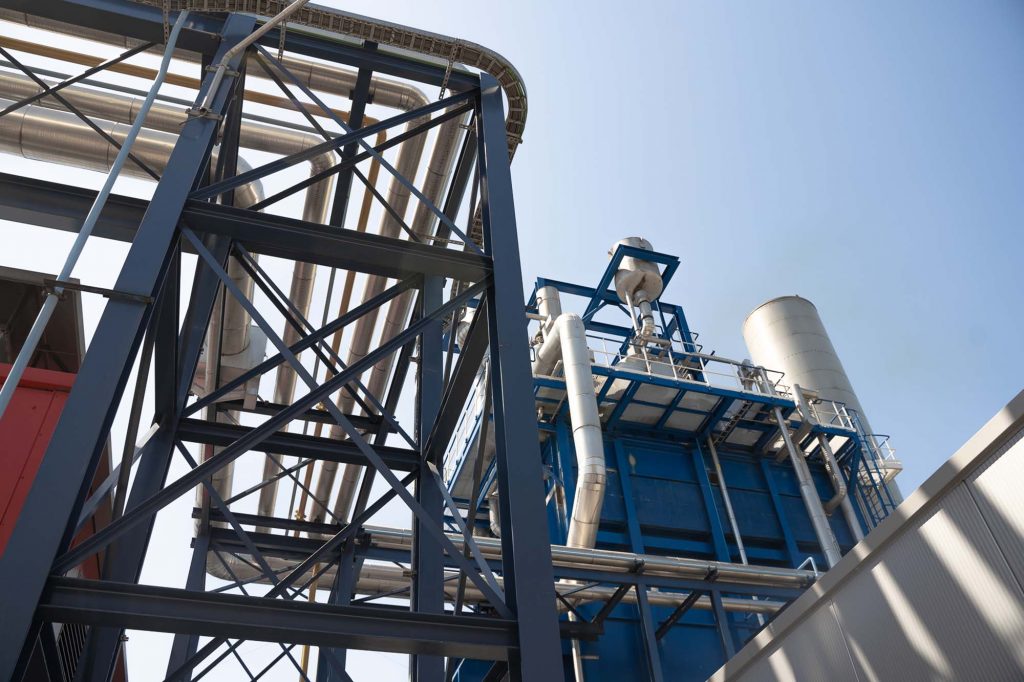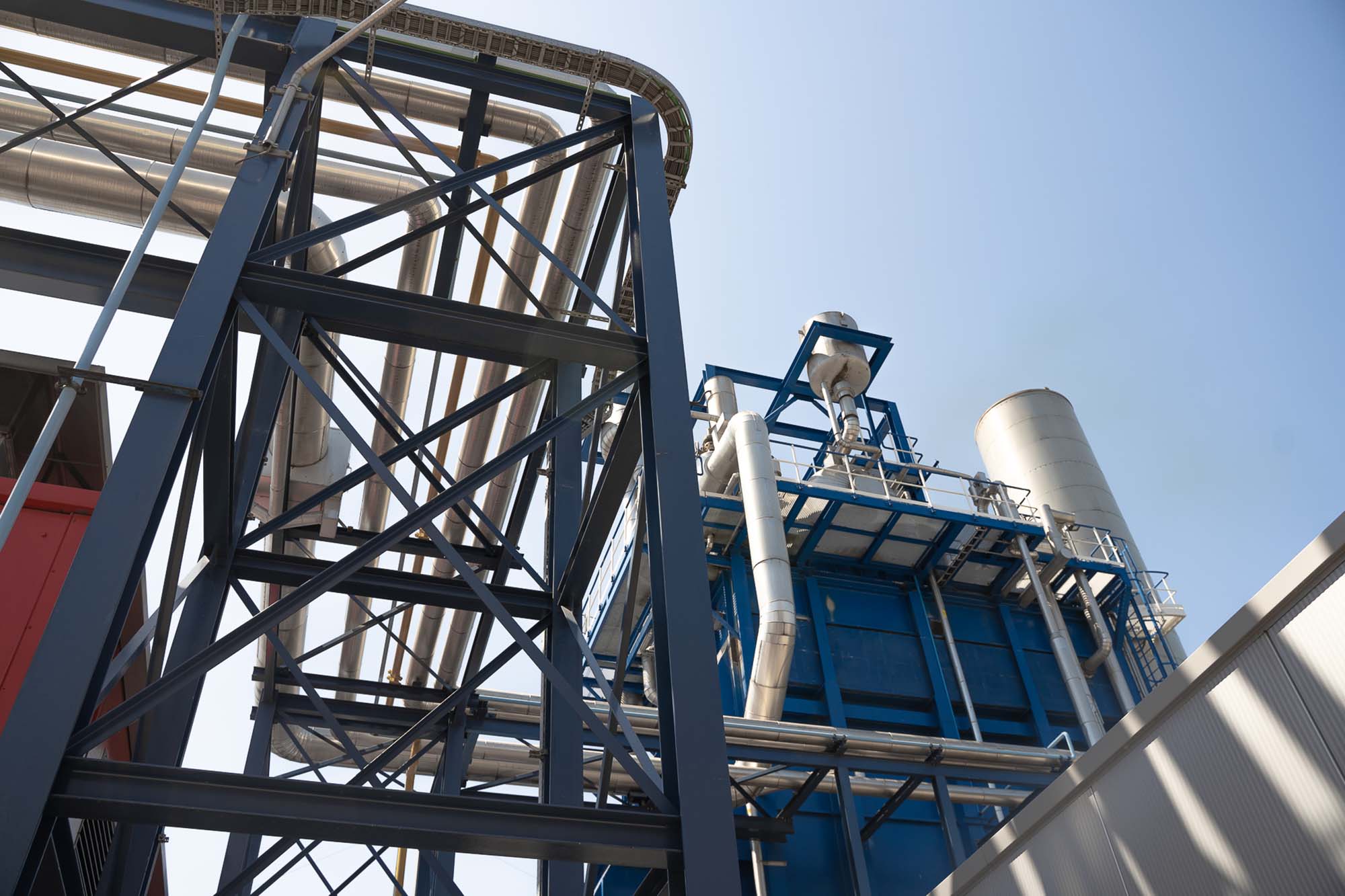Sympower is accelerating the global transition towards net-zero by helping to build smarter, cleaner renewable energy systems. Using their proprietary software platform, the company balances the supply and demand of electricity across electricity grids.
Sympower helps industrial and commercial businesses, grid operators, and other energy stakeholders around the world reduce their carbon emissions, integrate more distributed renewable energy resources, and generate new revenue streams by participating in flexibility services.
The company has over 90 team members and are active in nine countries, including the Netherlands, Sweden, Finland, Norway and Israel. With over 750MW of flexibility under management across a portfolio of more than 200 customers, Sympower is rapidly expanding their operations across Europe.
Interview with Simon Bushell, Founder & CEO of Sympower.
Easy Engineering: What are the main areas of activity of the company?
Simon Bushell: For the past 7 years, Sympower has been powering change through our demand response services. It’s how we first started as a company, and it’s the backbone of our operations.
We look at our customers’ assets, and pinpoint ways they can tap into their own flexibility – basically, the ability to use more or less electricity at any given time. We then use our proprietary software platform to control the electricity consumption of their assets. This allows us to offer this flexibility to electricity markets, and help maintain a stable grid system for the entire country.
Our customers get compensated for simply offering this flexibility. All of this is done without any impact to their overall productivity. Our customers can increase their revenue streams, while also contributing to a more efficient and sustainable energy system.

E.E: What’s the news about new products?
S.B: Right now, we are focusing on expanding our existing services to more customers. We have recently secured €22.3 million in funding from Silicon valley-based venture capitalists. With this, we aim to bring our established flexibility services to more countries and markets across Europe.
But this also gives us the opportunity to find more flexibility for our customers. While a lot of our focus has been on larger industrial and commercial assets, we see a lot of potential in other areas. Collectively, batteries and smaller assets can offer a great amount of flexibility. When aggregated together, they can create a lot of value for our customers and energy systems.
E.E: What are the ranges of products?
S.B: Sympower’s main focus is on flexibility services. But that is an umbrella term for a wide range of services for our customers. The mainstay of our organization is demand response. But we also operate in solar curtailment – the intentional reduction of solar power generation. In the future, we plan to explore the possibilities that lie with battery storage too.
All of these services have the same goal: to bring flexibility to our electricity grids, and provide our customers with greater financial gain. It’s our hope that this can accelerate Europe towards the energy transition, and create a sustainable electricity system for the future.
E.E: At what stage is the market where you are currently active?
S.B: Demand response is relatively new in a lot of places. Only a few countries like the UK and the Nordics have been at the forefront of this industry innovation. While many countries across Europe are now opening up their markets, some have experienced delays for not fully implementing EU directives. But it’s clear that demand response is sweeping its way across the continent.
This makes for a market primed for strong growth in the coming years. With a growing push for Europe to find its energy independence, flexibility services are being used in multiple countries. Everything from generation and storage, to demand response and solar curtailment is being encouraged. With the added incentive to decarbonize our energy systems, the need for flexibility services from the System and Network Operators has never been stronger.

In the past, flexibility service providers have focused on larger commercial and industrial customers. That is still the case in many markets. But, we see things shifting with new flexibility assets coming online such as batteries, electric vehicles, and other smaller devices. This opens up the possibilities for flexibility services to tap into newer, niche markets.
E.E: What can you tell us about market trends?
S.B: A combination of growing energy prices and increasing restrictions, is forcing many consumers to reconsider how they are using their energy. We haven’t seen something like this in recent years. So, many people are being forced to think about how they might cut their energy bills. But flexibility allows consumers to benefit from these high market prices. By offering their flexibility to the market, they can see a return by adapting their energy management to these changing prices
Flexible energy management is crucial now more than ever, as uncertainty is hitting the energy sector. So much so, that the current crisis may impact electricity market design. This may slow the decarbonization of European energy systems as countries revert to fossil fuels. And while this might increase market concentration of retail services for current players, it also leaves opportunity for up-and-coming innovators to step up and tackle the situation head on.
When large amounts of flexible assets enter a flexibility market, they can help to reduce overall market prices. And while this is good for the system, it can create challenges for flexibility providers. This highlights the importance of optimizing this flexibility for multiple markets.
E.E: What are the most innovative products marketed?
S.B: Sympower’s experience allows us to bring the flexibility of commercial and industrial customers straight to balancing markets. Entering a scale-up phase, Sympower has ambitious plans for our reach across Europe as we expand into multiple countries. We also expect to grow within these markets, while expanding the portfolio of assets that are connected to our platform.
For example, we were recently awarded a 2.3M€ EIC Accelerator grant to adapt our platform to a modular approach that will simplify the deployment of our services, and the integration of smaller assets as we expand into new markets. This is paired with Sympower expanding its activities in the energy storage and mobility sectors.

E.E: What estimations do you have for 2022?
S.B: 2022 will be remembered as a difficult year in the energy space. As the worry for energy prices grows, it has cemented itself into our daily conversations. Consumers are wanting solutions to help them regain control over their energy costs. The solutions that Sympower offers are more important than ever. We hope that as we expand to new countries, we can bring these solutions to people all across Europe.
There are many countries across Europe looking to open their markets to demand response. In 2022, we will see the first activity in countries like Greece and Israel, with even more to come the following year.
After our recent funding rounds, we are looking to accelerate the energy transition here in Europe. Not only will this help Sympower reach our growth goals for 2022 and beyond, it will give a growing number of customers a solution to the current energy crisis in Europe.


